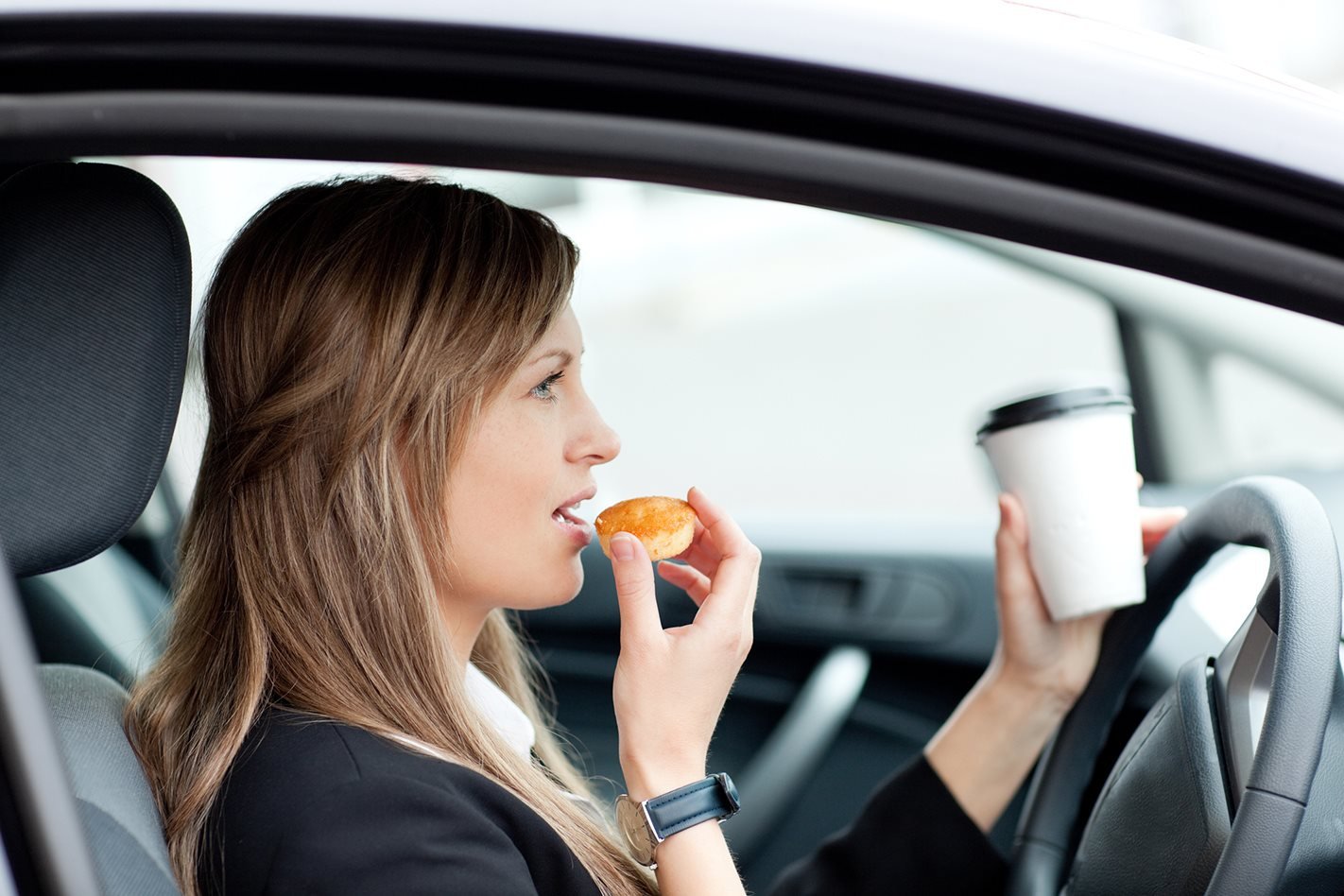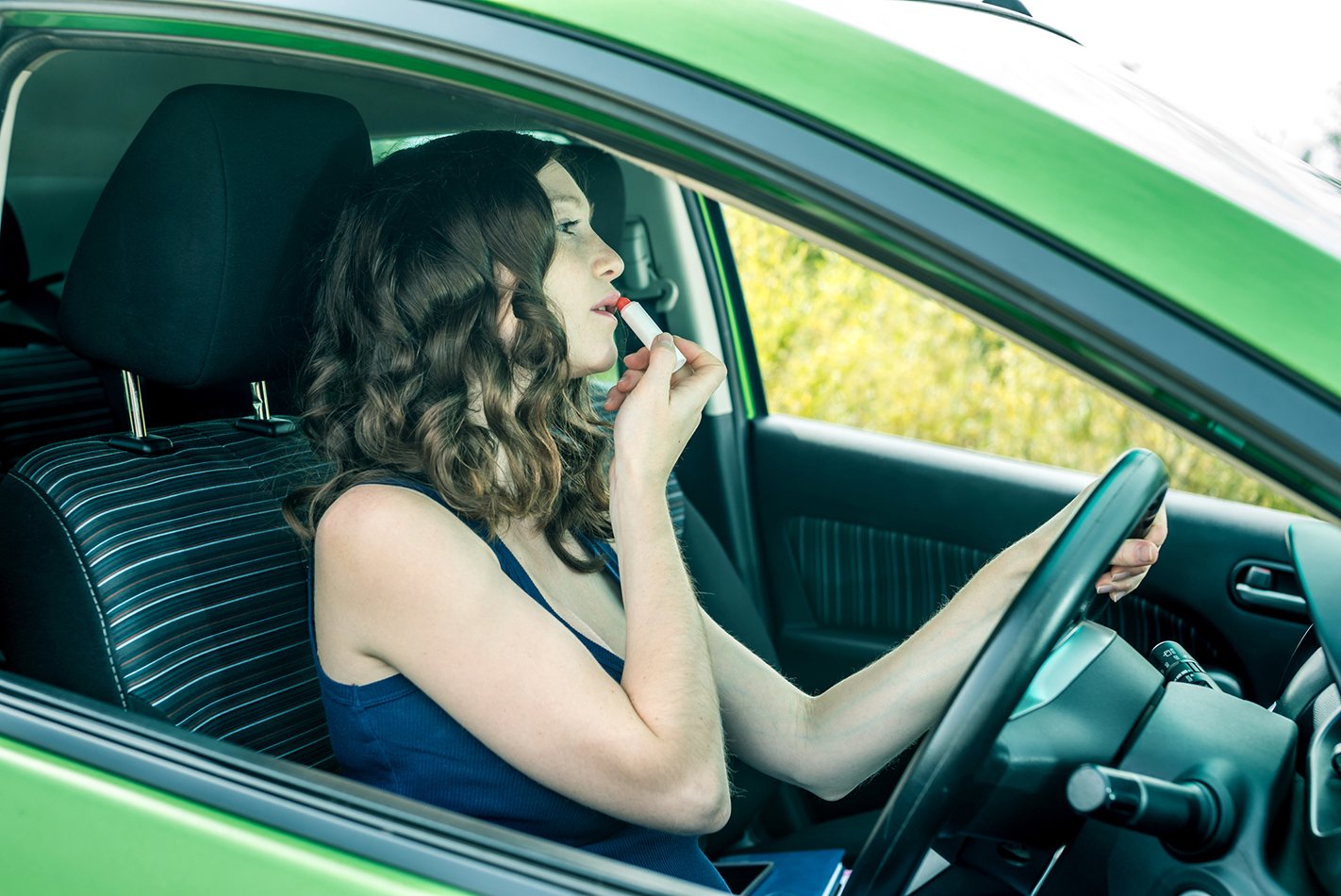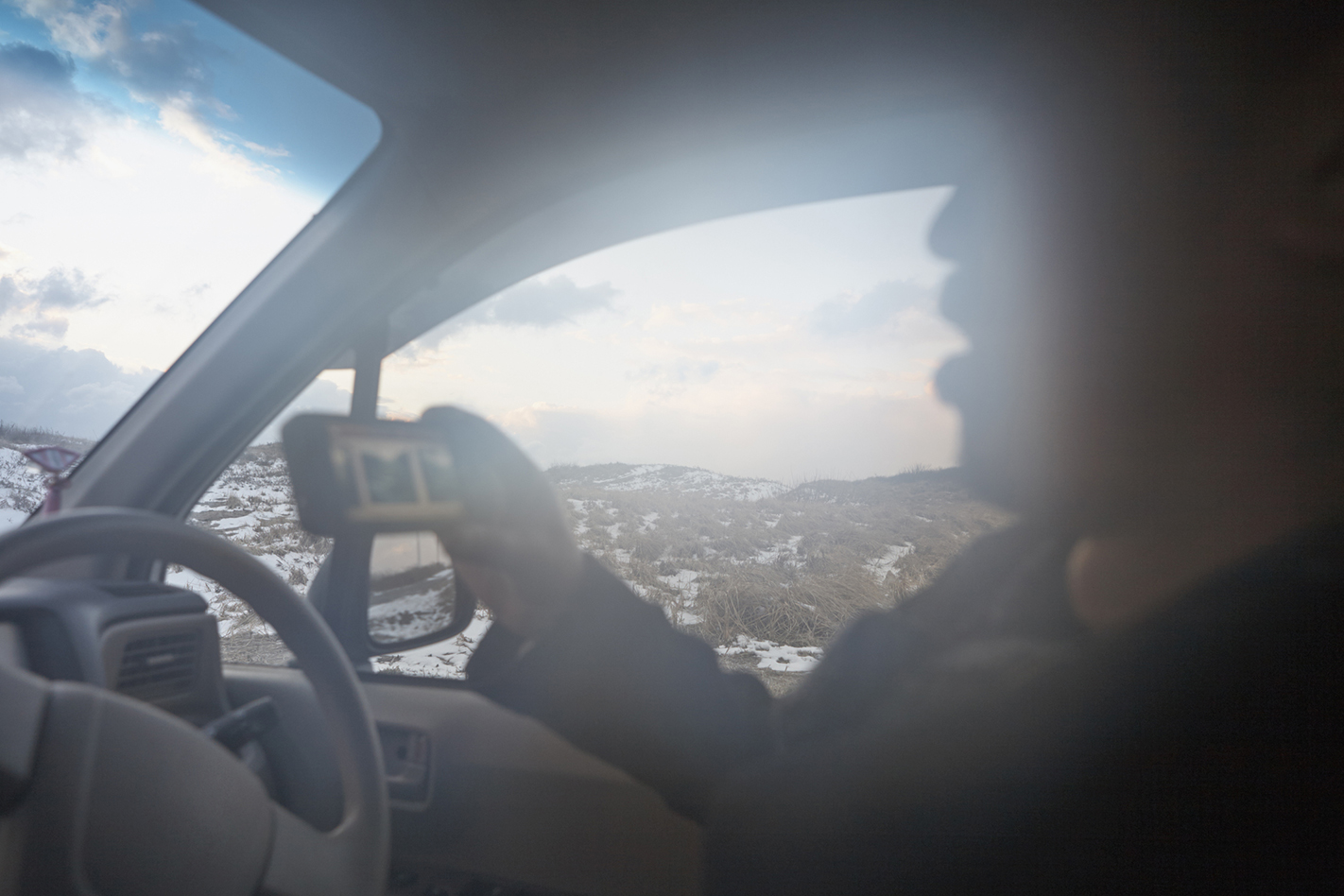
A survey looking into bad driving habits has found the equivalent of 11 million Aussie drivers have admitted to risky and distracting behaviour behind the wheel ranging from eating to watching a movie.
However, the survey is notable for the small number of people who admit to common transgressions such as answering mobile phone calls or texting behind the wheel.

Comparison website Finder polled 1000 drivers around Australia about their riskiest driving habits and, while some of the findings were alarming, anecdotal evidence suggests that some respondents were taking liberties with the truth.
For example, just 10 percent of those polled admitted to answering a phone call with a hand-held device.
Eleven percent admitted to texting while driving, just 13 percent fessed up to smoking behind the wheel and just 12 percent conceded they’ve reached back to deal with children.
Meanwhile, 40 percent of young drivers reckon they’ve never done anything hazardous while driving compared to 35 percent of Gen X/Y and 50 percent of Baby Boomers.
Where is this parallel universe?

Finder crunched the 1000-strong survey sample to conclude that 11.9 million, or 61 percent of Australian drivers, have taken their eyes off the road for reasons ranging from applying makeup to reading a book.
These include 44 percent of drivers have eaten behind the wheel, making that the most prevalent offence, followed by 25 percent who have driven in thongs (the footwear kind).
Other offences included:
- Driving a car with knees – 7 percent
- Using social media – 5 percent
- Micro-sleeping – 5 percent
- Applying makeup – 5 percent
- Replying to emails – 4 percent
- Changing clothes – 4 percent
- Watching a movie/video – 2 percent
- Reading a newspaper/book – 2 percent
- Shaving – 1 percent.

Not surprisingly men are the worst offenders with 63 percent admitting to doing something dangerous behind the wheel, in comparison to 60 per cent of women.
Women, however, were more likely to drive in thongs or eat behind the wheel.
On a serious note, Finder presented the research to remind drivers that driver distraction is a leading cause of road deaths in Australia and has contributed to a 14 percent rise in the national road toll compared to the same period last year, according to the Bureau of Infrastructure, Transport and Regional Economics.
And, as the firm’s insurance specialist Taylor Blackburn pointed out, such behaviour is likely to void any comprehensive insurance claims.
“If you’re engaging in risky behaviour behind the wheel and you are in an accident, you may not be able to claim the damage on your insurance,” he said.
“Comprehensive car insurance also won’t cover damage that’s been caused by illegal activities such as texting and driving.”




